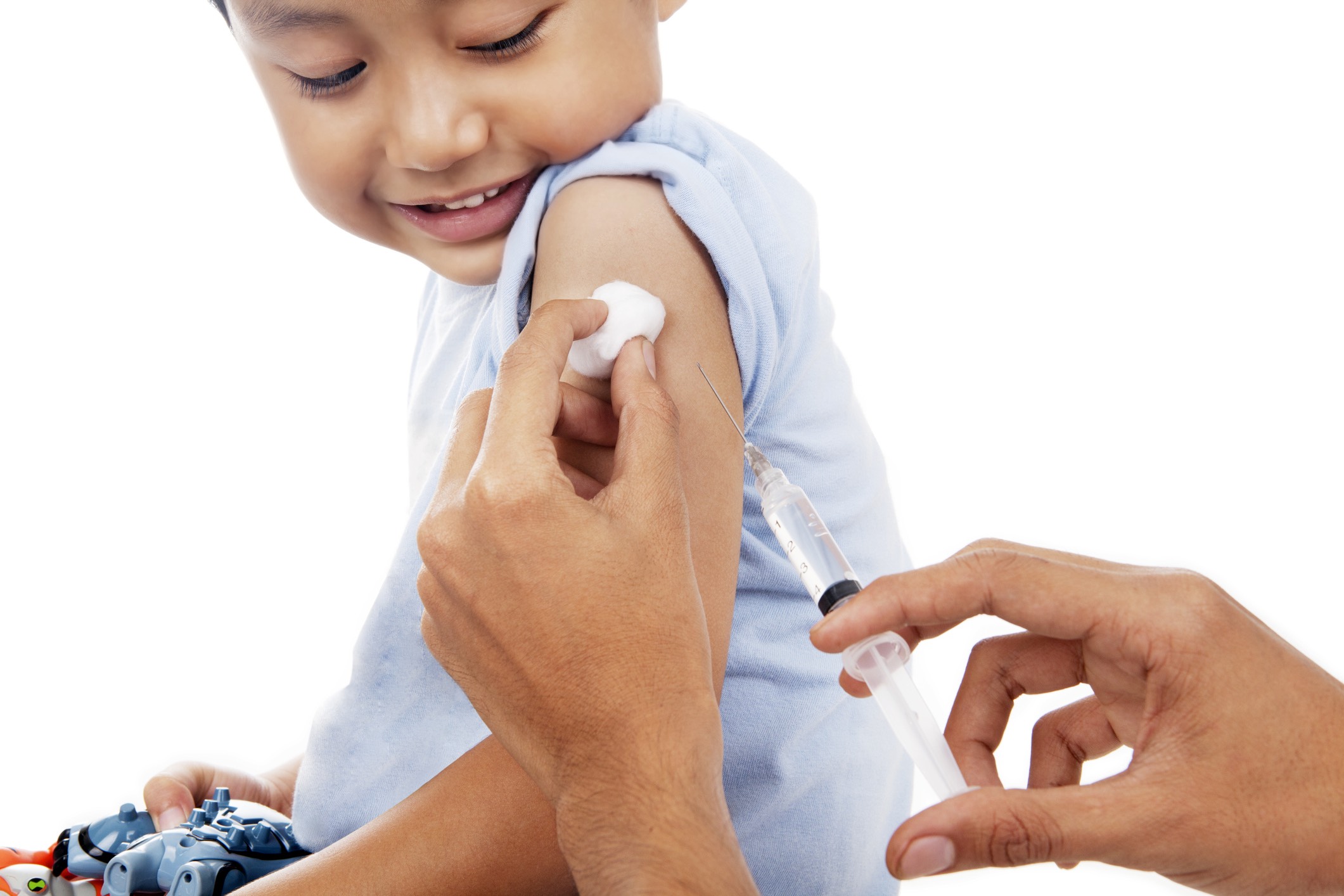You’ve gathered the backpacks and purchased the pencils and notebooks. There’s something else every parent should consider doing at the start of the school year — making sure their children are up-to-date on immunizations.
As we celebrate National Immunization Awareness Month, here are five good reasons to get your child vaccinated.
- Getting children vaccinated is the best way to protect them from 16 potentially harmful diseases including pertussis (whooping cough), chickenpox, flu and others. These diseases can be very serious, may require hospitalization, and can cause permanent disability or even death — especially in young children.
- Schools, preschools and child care facilities are prone to outbreaks of infectious diseases. Kids in these settings can easily spread illnesses to one another due to poor hand-washing, not covering their coughs and being in crowded environments.
- Getting children immunized reduces the risk that they will spread disease to others, including babies who are too young to be fully vaccinated and people with weakened immune systems due to cancer and other health conditions.
- Getting immunized costs less than getting children treated for the diseases that the vaccines protect them from. Many health insurance plans cover the cost of recommended childhood vaccines. Children who are uninsured or underinsured may be eligible to receive vaccines at no cost through the Vaccines for Children Program.
- The U.S. Food and Drug Administration takes many steps to make sure that vaccines are safe and effective. Before a vaccine is approved, it goes through years of careful testing. Scientists and physicians at the FDA evaluate the results of these clinical studies, and the FDA also inspects the sites where vaccines are made to make sure they follow strict manufacturing guidelines. Once a vaccine is licensed, the FDA and the Centers for Disease Control and Prevention continue to monitor its use and make sure there are no safety concerns. As a result, the risk of getting a disease is much greater than the risk of having a serious reaction to the vaccine. Like any medication, vaccines can cause side effects. Most are mild and go away within a few days. Severe, long-lasting side effects from vaccines are rare.
Listen to a podcast about the myths and realities of childhood vaccines — and the factors you should consider in making decisions for your own child.


